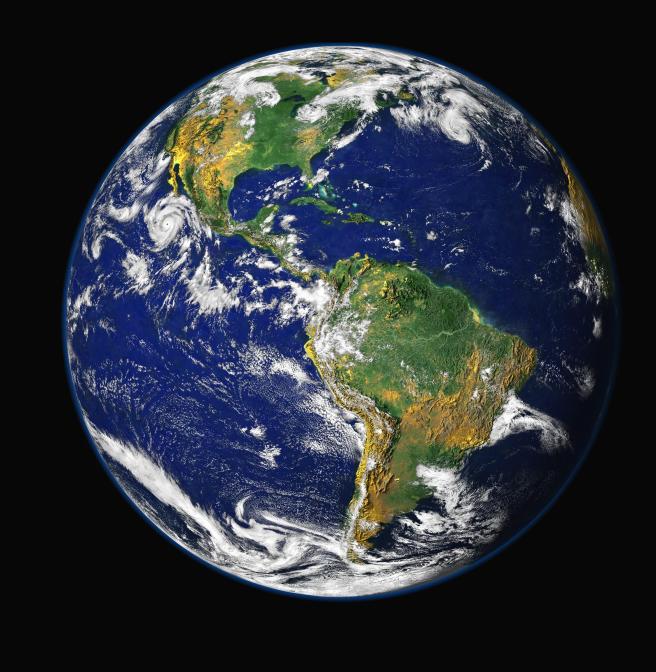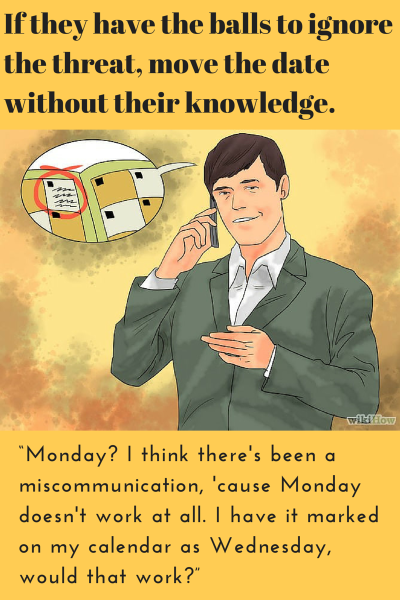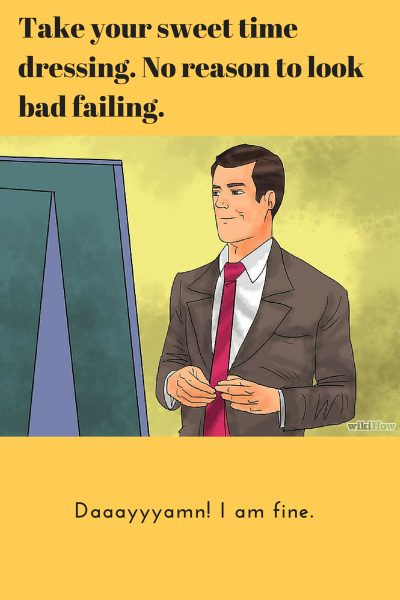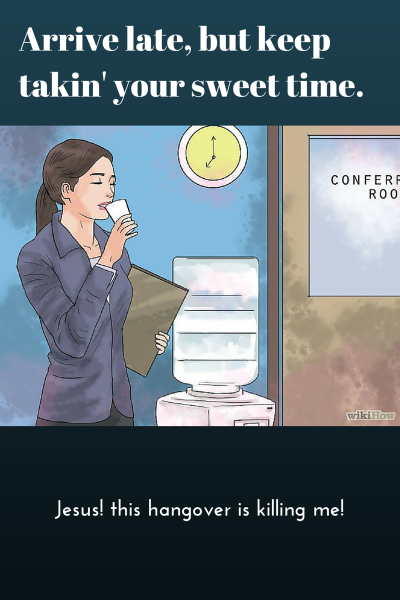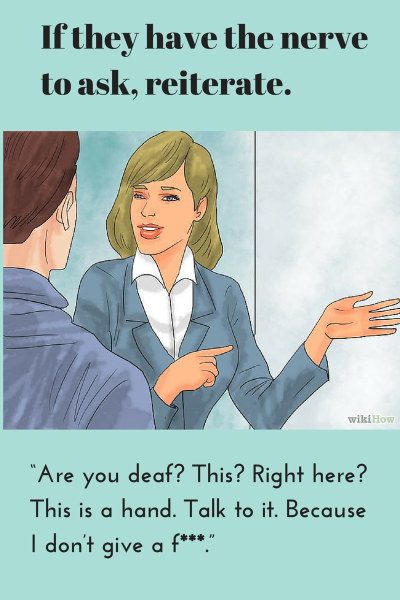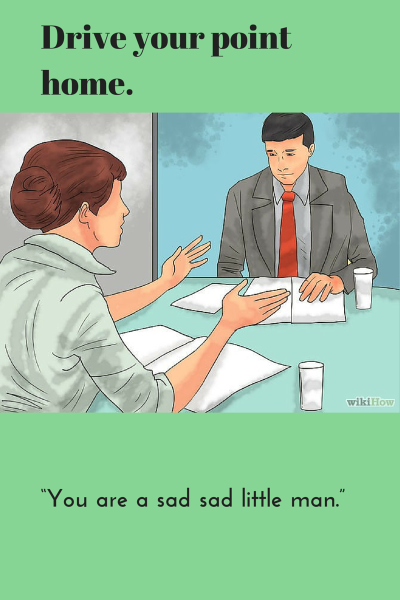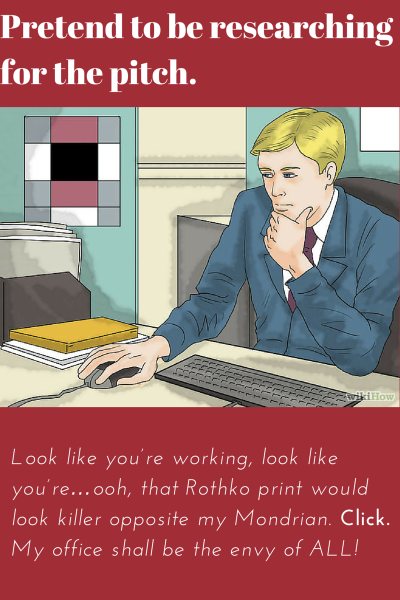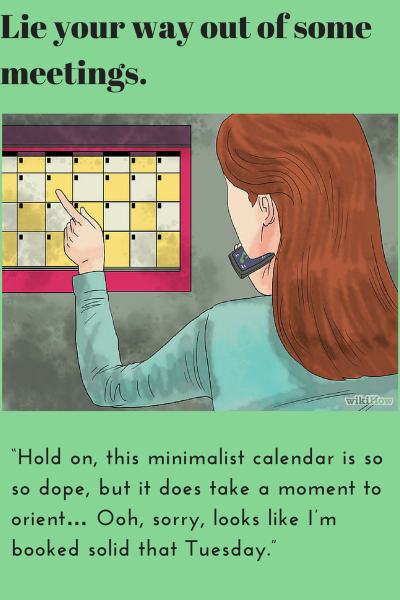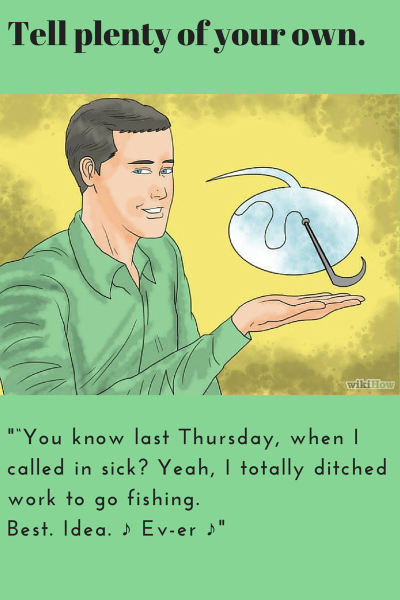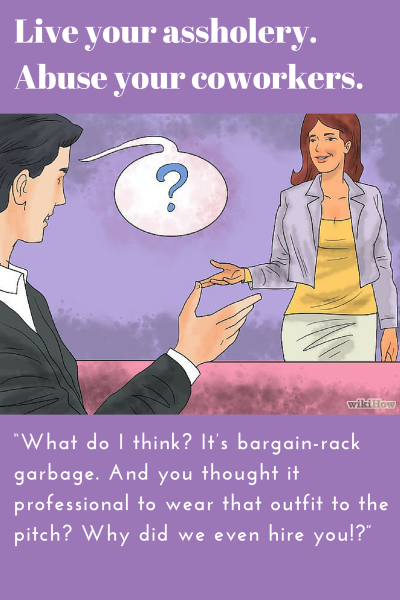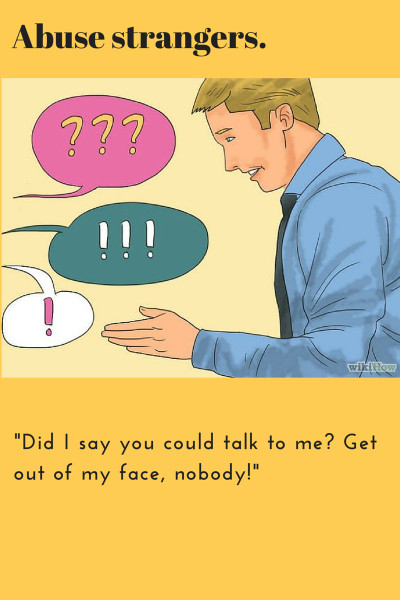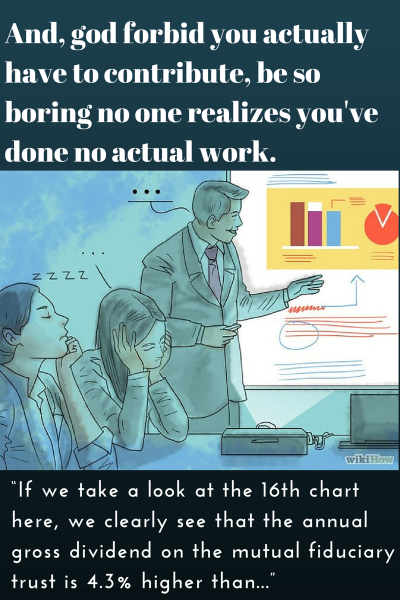Happy Earth Day, everyone! Just opened some Nature’s Path Organic granola. Was greeted by this quote from the founder’s farmer father, “Always leave the Earth a better place than you found it.” Seems like a thing to live by, and many environmentally-conscious people do. But I’m here to say: fuck. that.
Why do you think we’re in the mess we’re in? Much of human history has been the story of our “improvements” to the world around us. “Man, this land doesn’t have enough almonds. It would be so much better if I could eat everything that grows within a square mile.” Now that section of land grows nothing but almonds. “Man, these almonds are thirsty, this land would be so much better if it had all the water.” And now a river has been diverted here and not where it was originally destined, leaving some thirsty critters in its dry wake.
This is what makes man man, his attempts to change his surroundings to suit his needs. The “better” world is better for man and man alone. Mosquitoes are nasty creatures, let’s eradicate them. Every bird mentioned by Shakespeare should be in America too, let’s introduce Starlings. We have a new medicine that may save a few human lives a year, let’s test it on Chimps.
Even our attempts at stewardship backfired. “Oh no! A wildfire! Put it out! Put it out! Put it…what? you’re telling me that all these years we’ve been putting out wildfires, we’ve been disrupting the natural order of these ecosystems which rely upon wildfires for renewal and adaptation? Oops…”
Even the very things that organics as an industry reacts against–pesticides, herbicides, GMOs–are themselves attempts to improve the food-producing capacity of our “natural” environments so that people around the world don’t starve. And guess how those scientists and farmers would defend their actions: “We’re making the world a better place.”
To which I again say: fuck that. Leave your improvements on the drawing board. You want a better world? Let nature reclaim it from our goddamned arrogance.


